Do home inspections need to be inspected themselves?
Gary Katz recounts his personal experience with realities of home inspection
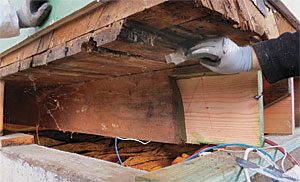
After 17 years of living in the same house in Los Angeles, I recently moved to Oregon. When I bought my new home, I followed my real-estate agent’s advice and hired a home-inspection service. Hiring a private home inspector is a common practice these days and has almost become a prerequisite to purchasing a home. It’s the only way to ensure that your new home is free from major problems before you seal the deal, right? If you believe that story, let me tell you another one.
I’ve been working in construction for more than 40 years, but that doesn’t mean I’m different from any other homebuyer. Before I closed on my new home, I wanted to be sure I knew about anything that might cost me money in the near future; like any other homebuyer, I wanted to be sure the seller reduced the price of the home to cover those costs.
I didn’t know any home-inspection companies in Oregon, so I used the company my agent recommended. Being a general contractor myself, I planned to go through every inch of the home, too.
I arranged to fly up to Oregon on the day of the home inspection. I bought a ticket for my brother, too. Between the two of us, we have more than 80 years of construction experience, and four eyes are better than two.
Unfortunately, our flight was canceled due to bad weather. We flew up a few days later, with flashlights and crawl suits in our overnight bags. After we arrived, though, we learned that the inspection report was already complete. All that remained for me to do was sign the home-inspection contract, which included all the usual fine print. By that point, I’d been signing so many documents that I barely read them anymore. Besides, I knew I had to have a home inspection, so what did it matter if I found some of the contract’s terms unacceptable? Besides, if I didn’t sign the contract, they wouldn’t show me the report!
After signing the contract, we learned that the inspector found very little wrong with the house; we wouldn’t need our crawl suits and flashlights after all. One post had settled, causing the main girder to sag in the center, so a new concrete pier and post would have to be set; the moisture barrier was rotted and would have to be replaced; and the soil on the outside of the east wall was too high and too close to the siding. Otherwise, the inspector said the foundation was in “great shape.”
A few months later, I was in the crawlspace working on reinforcing a deck ledger. I brought a couple of Festool Syslites with me to light up that dark, dank foundation. That’s when I noticed something odd about the floor joists 30 ft. away along the east wall: They were sitting on the concrete foundation, not the mudsill. I crawled over there and found that the mudsill along that entire side of the home—nearly a 50-ft. span—had rotted out and that the tails on every single floor joist were badly rotted 2 ft. to 3 ft. back from the foundation.
Of course, I called the home-inspection company. They were extremely nice—in fact, I liked them a lot—and they quickly offered to return the inspection fee. But that wasn’t going to help me much. The fee was less than $500, and I was staring at more than $5000 in repairs.
So I called an attorney. That’s when I learned a startling lesson, one I would have known if I’d read the home-inspection contract: Home-inspection companies are not liable for anything in excess of their home-inspection fee.
Clearly, the inspector on my home never crawled the foundation, never even entered the crawlspace far enough to shine a flashlight on the east wall. But he wasn’t responsible for the irresponsible job he performed. I was. The repair process involved jacking up the house in stages removing the rotted mudsill, joists, and rim joists—and then replacing everything.
I bet a few readers are thinking, “Gary Katz should have known better.”And I should have. But like many homebuyers looking at property in a new state or city, I was intimidated by the move, I felt a little insecure, and I relied on my real-estate agent’s recommendation for an inspection company. Then I relied on the home inspector to do a proper job. We can’t always do everything ourselves; eventually we have to rely on other people. The lesson I learned here is that when purchasing a home, we should take extra precautions by thoroughly investigating the people we rely on and the work they perform.
One thing I didn’t realize is that home-inspection businesses generate a large percentage of their income from referrals. Those referrals are often earned by making sales easier to close, not harder. And though it probably wasn’t a factor in my faulty home inspection, there is certainly an appearance of a conflict of interest in the relationship between real-estate agents and home inspectors, a relationship that does not necessarily favor the interests of a homebuyer.
So be nice when your agent recommends a home inspector, but do some research and find your own inspection company. Better yet, get two inspections. Buying a home is the largest and most serious investment many of us make, so a second opinion is definitely in order, especially since home inspectors aren’t liable for the work they perform.
But there’s another solution that might be even better. In my case, I would have been much better served had I asked my general contractor the one who eventually made things right—to perform a comprehensive home inspection, or at least to check on the inspection report.
Sure, there also could be a serious conflict of interest in hiring GCs to perform home inspections: The more problems they find, the more work they generate for themselves. But most homebuyers would never hire a GC without doing some serious research— at the very least, asking for referrals and seeing some of the GC’s work.
It’s also true that finding a GC willing to perform a home inspection might be problematic in some areas. GCs are often too busy to perform one-day inspections. But GCs shouldn’t be so quick to avoid the home-inspection business, at least up to a point. An inspection done right can lead to a long-term, profitable relationship with a new client.
I went through a lot more effort than most folks do when I hired my GC. With my travel schedule, I knew I wouldn’t be around enough to oversee most of the work on my home, and I didn’t want to do the heavy lifting anyway. But I wanted to feel confident that I had someone watching my back. Through email, I contacted almost 10 GCs in the area. I sent plans to four of them, got good bids from three, and met with each of them to see their job sites and meet with some of their customers.
Homebuyers should invest that same level of effort in seeking a reputable home inspector, or better, finding a GC who is also capable of performing the inspection or at least reviewing the inspection you get. Without a thorough inspection, the risks are just too great.
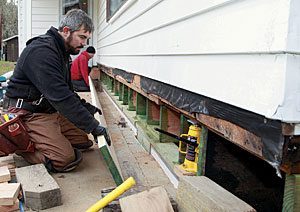
Photos: Gary Katz


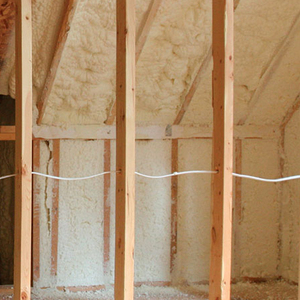

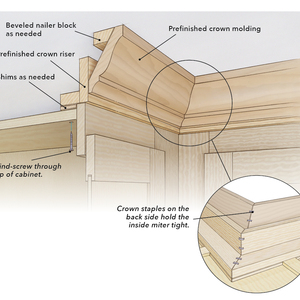
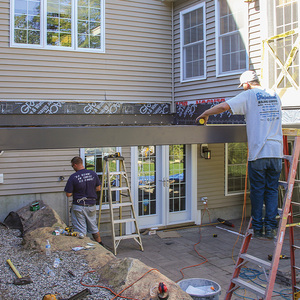



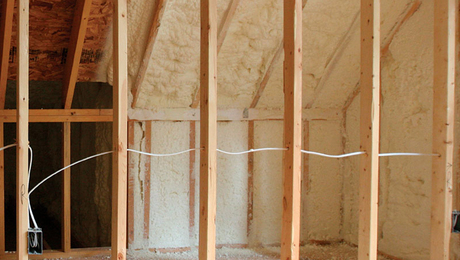
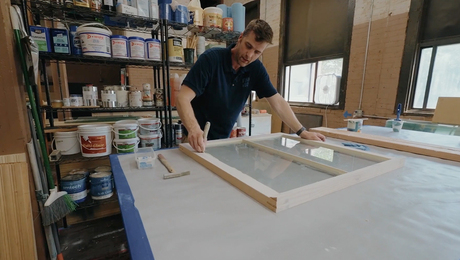
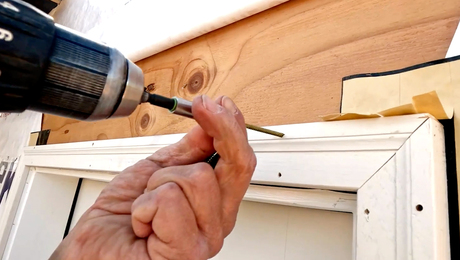

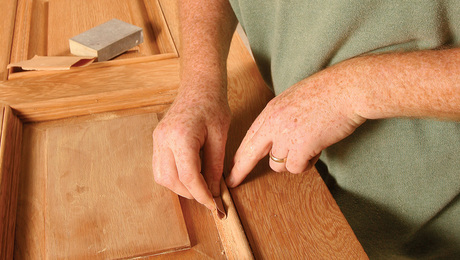

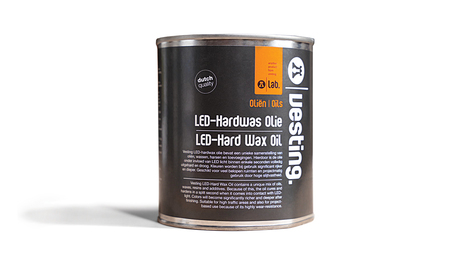










View Comments
I bet many wish they had read this article before signing their sale papers. I had a similar experience when we bought our home. I was young and naive, but not so naive that I could not tell he was taking his job very lightly. He was explaining to me how a breaker box works and I'm trying to get information out of him. Meanwhile, while my wife and I were hearing about what to do if, God-forbid, a breaker flips and I'm rolling my eyes, he was completely ignoring the open electrical box with wires hanging out literally 1 foot above our heads and the duct-taped drain pipe 5 feet away that opened up a month after we bought the house. I wish they banned real estate agents from recommending them. If anything, it should be the bank who is hiring them, since they are essentially in the same boat you're in if their collateral turns out to have a leaky, termite-infested hull and your salary turns out to be far less than needed to make it float.